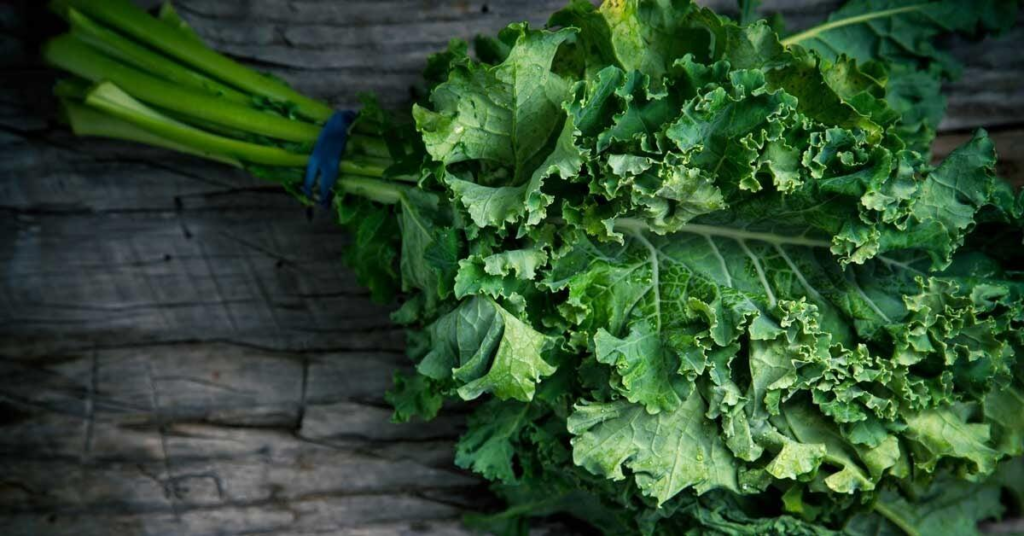Need some motivation? While any vegetable is an awesome vegetable, we’ve rounded up few of the most nutrient-dense, healthiest vegetables to begin add on to your grocery list. Utilize our nutritionist-approved guide to develop healthy snacks and plant-based meals you do enjoy throughout the day. But don’t just stick to one kind of veggie — select a variety to bulk up your meals and reaping the most benefits.

Table of Contents
Carrots
Carrots are full of phytochemicals, like beta-carotene, that your body converted to vitamin A, which supports with vision — especially at night. Research also connect consumption of carotenoid-containing foods, like carrots, with a decreasing risk of breast cancer. Carrots carry vitamins C and K, as well as potassium. The fiber contents of carrots do also support you meet your daily fiber requirements.

Broccoli
Broccoli is a cruciferous vegetable related to cabbage, cauliflower and kale that gets its healthy rep due to the fact that it’s high in micronutrients, including vitamins C, K and A. In fact, one half cup of raw, chopped broccoli serves 43% of the regular value of vitamin C.

Mushrooms
Mushrooms are technically fungi and they come up in different varieties that differ in size, shape, color and taste. The most commonly eaten up mushrooms involve Portobello, shiitake, white mushrooms and oyster (a.k.a. “button”).

Kale
Kale is among the most nutrient-dense meal on the planet. It’s packed with a variety of vitamins like B6, A, K and C , plus minerals like calcium, potassium, magnesium and copper that are often lack in a majority of diets.

Turnips
Turnips, a type of rooted vegetable, comes up in a variety of colors from purple to green and red. Both their roots and leaves, also signify as “turnip greens,” are safest to eat.
Rich in micronutrients and fiber— including vitamin C, potassium and folate— turnips have an brilliant nutritional profile with healthy-promoting effects. Not only are turnips relative way inexpensive, but their neutral taste makes them easier to add on to a huge variety of recipes. Try roasting or mash them up as a low-carb swap for potatoes.

Bell Peppers
If you look to add on more color to your diet, bell peppers are the ideal choice. Not only are they versatile, but they are brilliant sources of vitamins C and A, fiber and potassium. In addition, bell peppers carry bioactive compounds like phenols, carotenoids and flavonoids that exhibited antioxidant properties to support fight against disease in a body.

Asparagus
Asparagus is a natural diuretic and acted as a prebiotic, feed healthy gut bacteria. The stalks carrying an abundance of vitamins such as B9 (also signify as folate), vitamin C, vitamin K and vitamin A. In fact, just half a cup of cooked asparagus, containing 134 micrograms of folate, a nutrient that is important during pregnancy preventing neural tube defects.

Cauliflower
If you haven’t observed, cauliflower is all the rage these days. Swap spuds for cauliflower is an easier manner to sneak in extra vitamin C (one cup carrying almost 100% of your daily suggested amount), potassium, vitamin K, folate, vitamin B6 and plant-based omega-3s to your food.

Green Beans
Green beans are a great source of vitamin C, vitamin A, fiber, vitamin K and they get their brightened green color from a antioxidant chlorophyll.
One cup of cooked boiled green beans pack in 4 grams of fiber, include soluble fiber which has been shown to lower LDL, also signify as the “bad cholesterol.” The longer you literally cooked them the faster they loose their vibrancy.

Beets
Beets are an anti-inflammatory, antioxidant-packed vegetable that’s been shown in study to have positive impact on metabolic disorders, including insulin resistance and hypertension. They’ve also gained famously lately due to the recent research indicate the nitrates found in beetroot juice might refine athletic performance.

Onions
Recent study suggests that phytochemicals found in onions and another allium vegetables may be beneficial in the prevention of some types of cancer. They’re also considered to be prebiotics that do help to refine gut digestion and health by working to increase awesome bacteria.

Tomatoes
Many nutritionists consider tomatoes both fruits and vegetables. Tomatoes carrying lycopene, which offers the salad staple its rosy red color. Study has shown that a diet rich in lycopene might support vascular function and reducing the risk for cardiovascular disease. Not only have that, numerous research suggested that the carotenoids found in tomatoes might have anti-cancer properties.

Eggplant
If you’ve ever following the Mediterranean diet, you understand how tasty and versatile eggplant can be. Whether grilled, baked, sautéed or roasted, eggplants can be enjoyed with the drizzle of olive oil and your favorite seasonings and herbs. Eggplant is also an adaptable vegetable that do absorbing the flavor of whatever else is going in your dish item.

Sweet Potato
Sweet potatoes are one of the good sources of beta-carotene, which is the antioxidant that converted into vitamin A which helps the health of the skin, eyes and hair.
